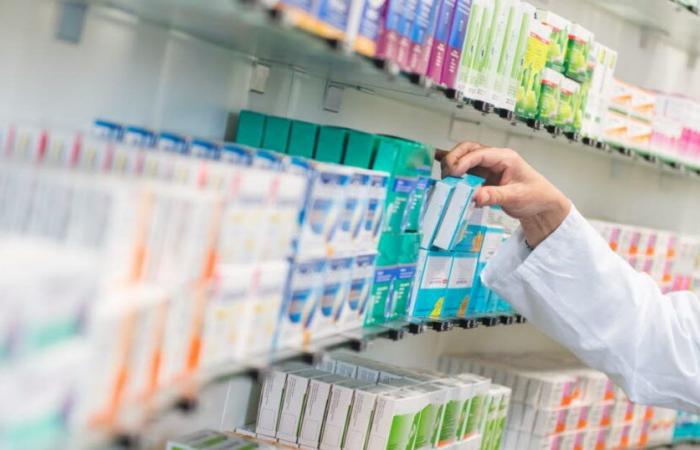Large folded sheets… and often impossible to fold. A very small font.
Information that is incomprehensible for patients and sometimes even for healthcare professionals. It’s not always easy to navigate medication instructions.
The National Medicines Safety Agency (ANSM) understands this well. This is why it has just launched a phase of testing the dematerialization of these “user manuals”.
This project provides for the integration of QR codes on medicine boxes, allowing instant access to digital instructions via the Public Medicines Database (BDPM).
The initiative will concern 93 medications in the city, including paracetamol, statins and certain vaccines, as well as 474 medications in hospitals.
A regular update
Concretely, what does this change? This initiative brings real added value: the instructions will be regularly updated and enriched with additional content, in particular explanatory videos on the proper use of medications.
This innovation will allow users “to have access to the most recent information », underlines the ANSM. Something that is not possible with the paper version.
The first stage of this pilot phase therefore began on December 17. It must be spread over 2 years.
A duration which should allow patient associations, in conjunction with healthcare professionals and drug manufacturers, to assess the use and interest of these new information supports.






